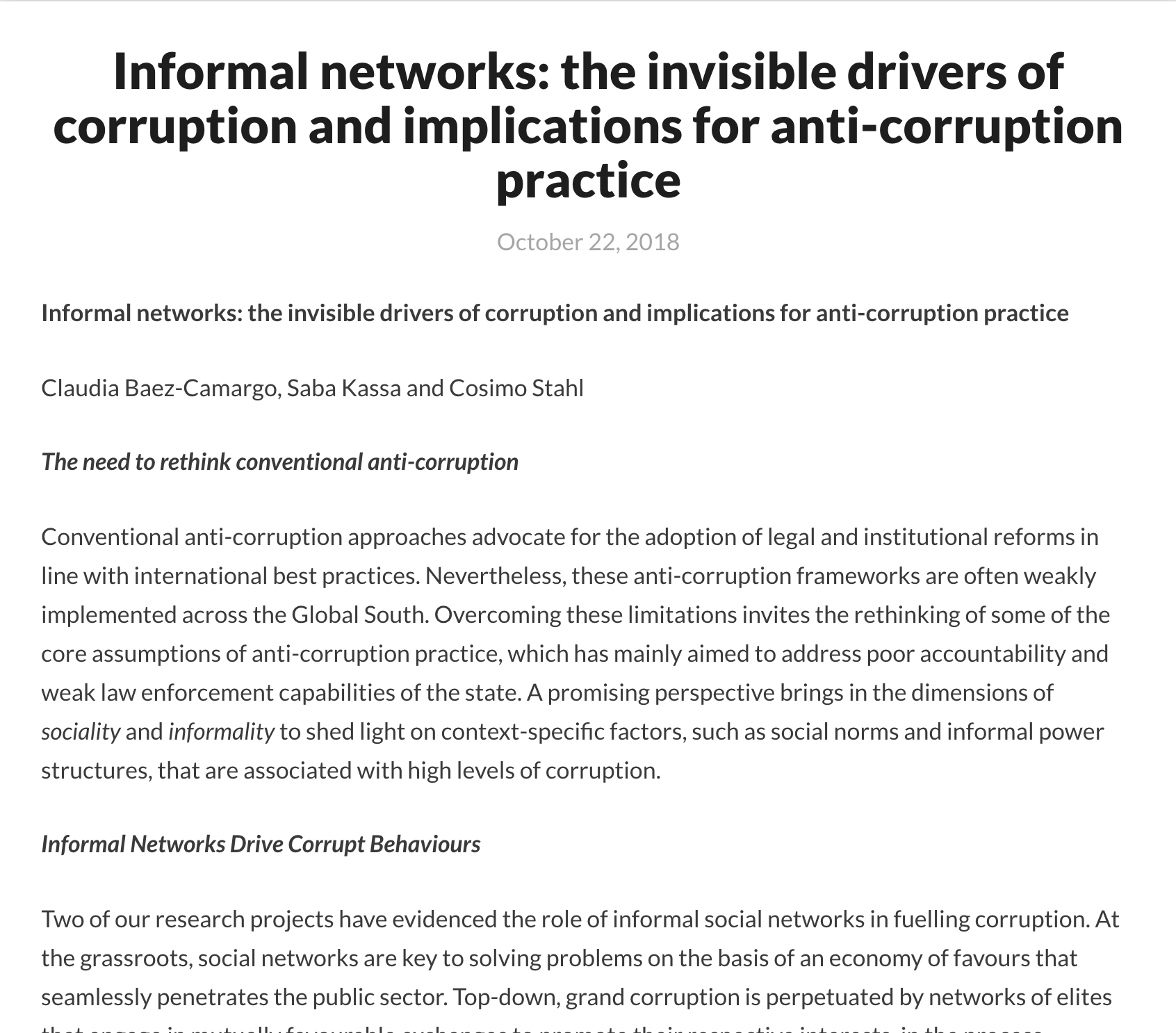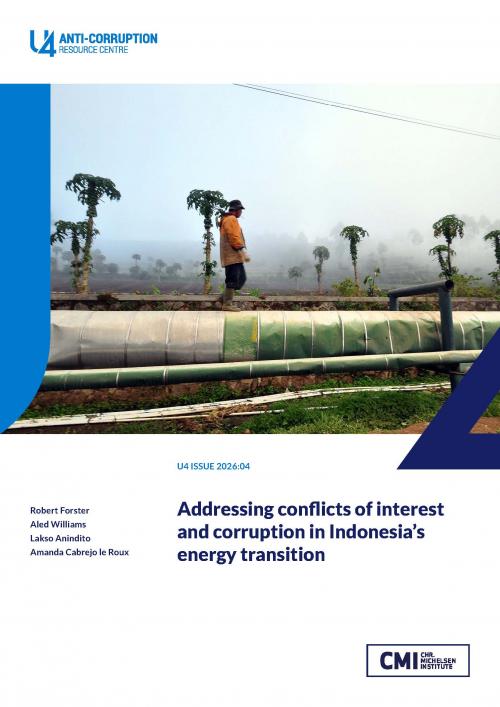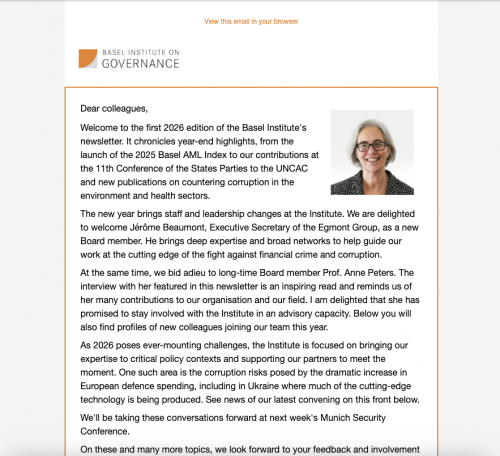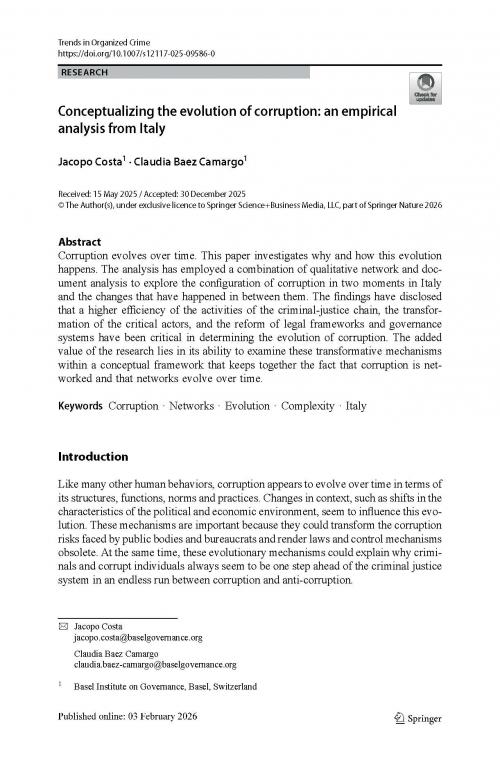Informal networks: the invisible drivers of corruption and implications for anti-corruption practice
Conventional anti-corruption approaches advocate for the adoption of legal and institutional reforms in line with international best practices. Nevertheless, these anti-corruption frameworks are often weakly implemented across the Global South. Overcoming these limitations invites the rethinking of some of the core assumptions of anti-corruption practice, which has mainly aimed to address poor accountability and weak law enforcement capabilities of the state. A promising perspective brings in the dimensions of sociality and informality to shed light on context-specific factors, such as social norms and informal power structures, that are associated with high levels of corruption.
Two of our research projects have evidenced the role of informal social networks in fuelling corruption. At the grassroots, social networks are key to solving problems on the basis of an economy of favours that seamlessly penetrates the public sector. Top-down, grand corruption is perpetuated by networks of elites that engage in mutually favourable exchanges to promote their respective interests, in the process effecting an informal re-distribution of public resources.
This publication appeared in the Public Administration Review's recent Blog Symposium dedicated to the topic of corruption.
Links and other languages




